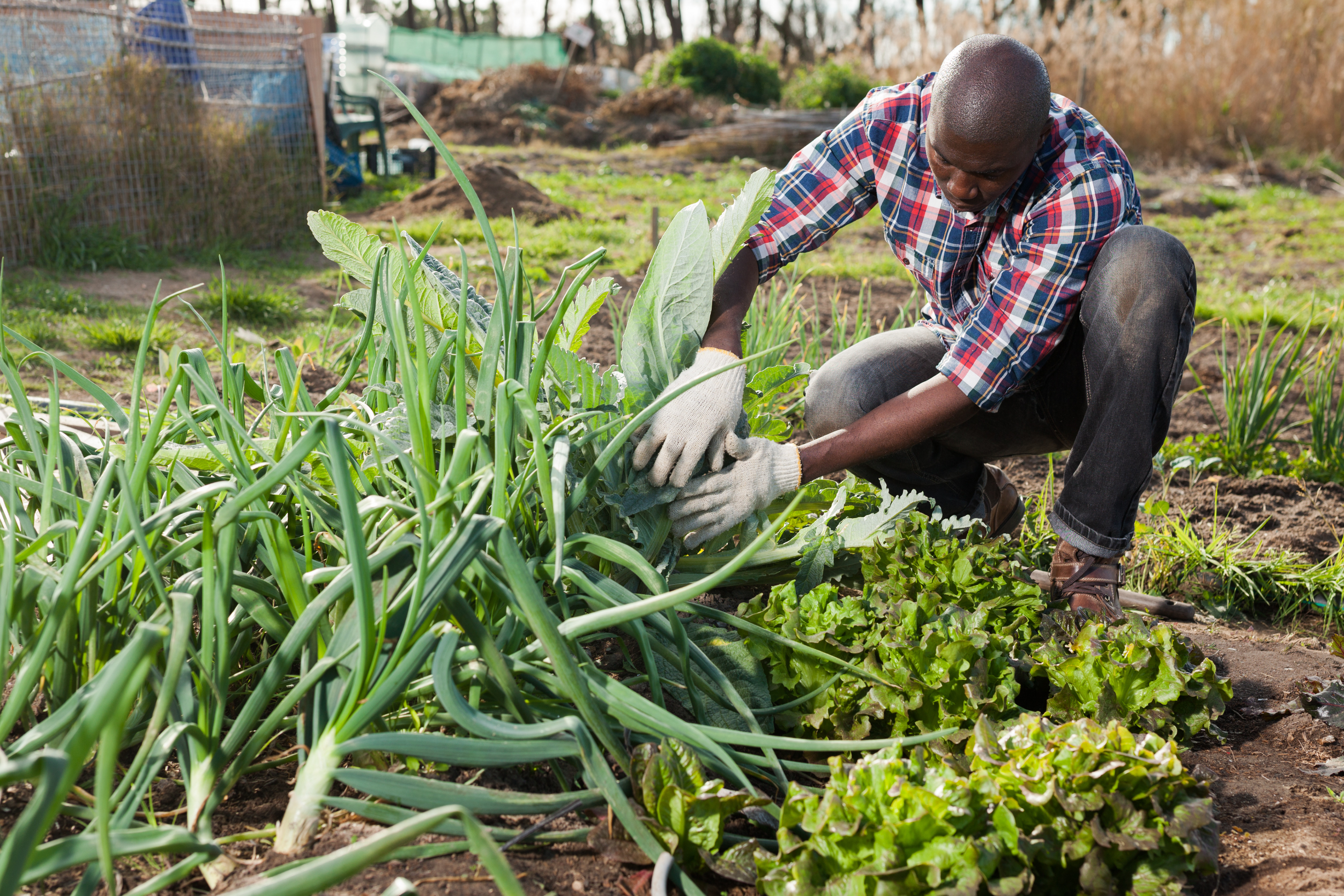It might be time for us to get out of these toxic cities. We need to pray about reverse migrating back to the rural areas where we can own land, grow food, and disconnect from the chaos. This whole city thing is just not working for a lot of us.
Reverend John Berry Meachum predicted this, and he told us where to go when he wrote his pamphlet to young Black men coming out of slavery back in 1846.

Look at the colored citizens of America; I must think that they have sowed more sparingly than any other nation that I can think of at this time, so they are reaping sparingly, just according to the word of God…And what is the reason that great houses and farms do not belong to some of the colored citizens of America? In the first place, the most of them settle in towns, and there they work every way but the right way…With industry you may have as good a farm as your neighbor’s. You may raise as good corn and oats, wheat and barley and rye as any man.
The God of heaven sends the rains to water the earth, and my crop is watered with my neighbor. Then, I ask, why are you so far behind? You are to be a nation in time to come, let us be an industrious people. I recommend the colored citizens of America to turn their attention more to farming than they ever have done.
— John Berry Meachum, 1846

Read John Berry Meachum’s Advice for Blacks Coming Out Of Slavery
John Berry Meachum and his wife Mary were devout Christians and abolitionists. They were born into slavery, but John purchased his family’s freedom at 21 years old. John and Mary started a school for Blacks in their church. When Missouri outlawed education for Blacks, they moved their school to a boat outside of state lines. As an entrepreneur and pastor, John Meachum purchased and freed other enslaved people. Before he died in 1854, Meachum wrote a pamphlet with clear instructions for Blacks coming out of slavery. Maybe now we’ll listen…
Here we are nearly 200 years later, still struggling with a wealth gap. Six million Blacks migrated out of the rural south to the major cities. They were fleeing racial terror and pursuing so-called good jobs in the factories, especially after World War I.
Unfortunately, that didn’t work out as expected, like exchanging our birthright for a bowl of soup. Black women ended up becoming mules doing domestic work for white folk while Black men were shut out of even basic jobs. Here’s how historian Carter G Woodson explained it back in 1930 when he profiled the hard working Negro washerwoman:

In the North during these antebellum times, the Negro washerwoman had to bear still heavier burdens. In the South, her efforts were largely supplementary; but, in the North, she was often the sole wage earner of the family even when she had an able-bodied husband. The trouble was not due to his laziness but to the fact that Negro men in the North were often forced to a life of idleness.
Travelers of a century ago [1830] often saw these black men sitting around loafing and noted this as an evidence of the shiftlessness of the Negro race, but they did not see the Negro washerwoman toiling in the homes and did not take time to find out why these Negro men were not gainfully employed. Negro men who had followed trades in the South were barred therefrom by trade unions in the North, and the more enlightened and efficiently trained Irish and Germans immigrating into the United States drove them out of menial positions.”
— Carter G. Woodson, The Negro Washerwoman, 1930
The Chicago Defender came out with a list of the 10 best cities for Blacks: 9 of them are in the South. We may also need to look at other countries, too.
Instead of pursuing integration in the 1950s and 60s, maybe we should have fought to get our land and farms back. Fortunately, many of us are getting the message. The population of young, educated African Americans moving back to the south has been on a slow upward trend since 2000, according to the Brookings Institute.
The best scripture about city life
Ecclesiastes 1:14
14 I have seen all the works that are done under the sun; and indeed, all is vanity and grasping for the wind.
Here’s an amazing testimony I.A.G. Farms. This is a young Christ-following Black family who did what our ancestors told us to do hundreds of years ago. They left the city, bought land and now they are growing their own food, homeschooling and they’re debt free. Our ancestors tried to warn us. Maybe we should listen.
The take home messages & reflection questions
- No one wins the rat race. Do your due diligence research to see if owning land and growing your food should be your rat-race exit strategy.
- In the Bible, owning your own land played a huge role in the Hebrews having freedom over how they lived, worshiped, and set up their families. That has not changed.
- Husbands/Fathers: You set the vision for your household. How many of you are living in an overpriced, cramped space in a stressful, chaotic city because of your wife or job? Does where you currently live support your vision?
Disclaimers: The content featured on Meachum Village is for information and inspiration only. Please consult your own attorney, physician, financial advisor, pastor, therapist, mama and daddy, or whoever before you take any advice. The content featured on the Meachum Village website means the specific message resonates with the mission of Meachum Village. It does not mean we endorse everything about that person. The Meachum Village team may not know these people personally, and we are not responsible for any unGodly craziness they’re into outside of the featured content. If your content has been featured on the Meachum Village website, and you would like it removed, please email hello@meachumvillage.org.

